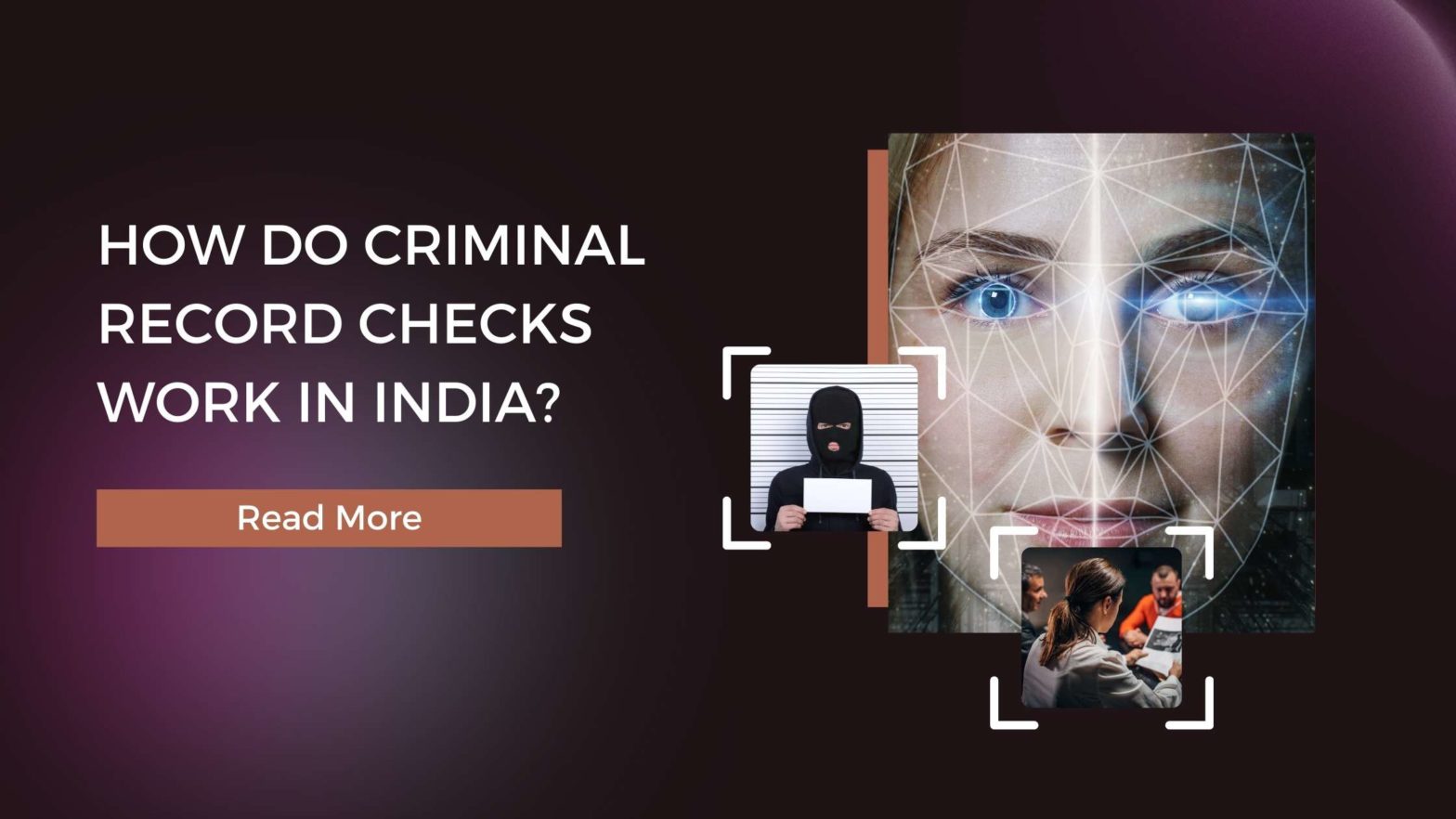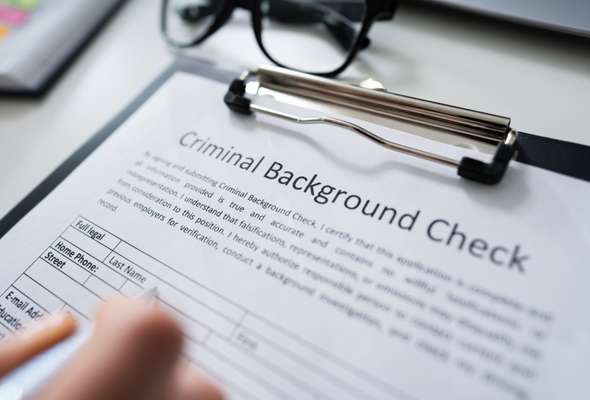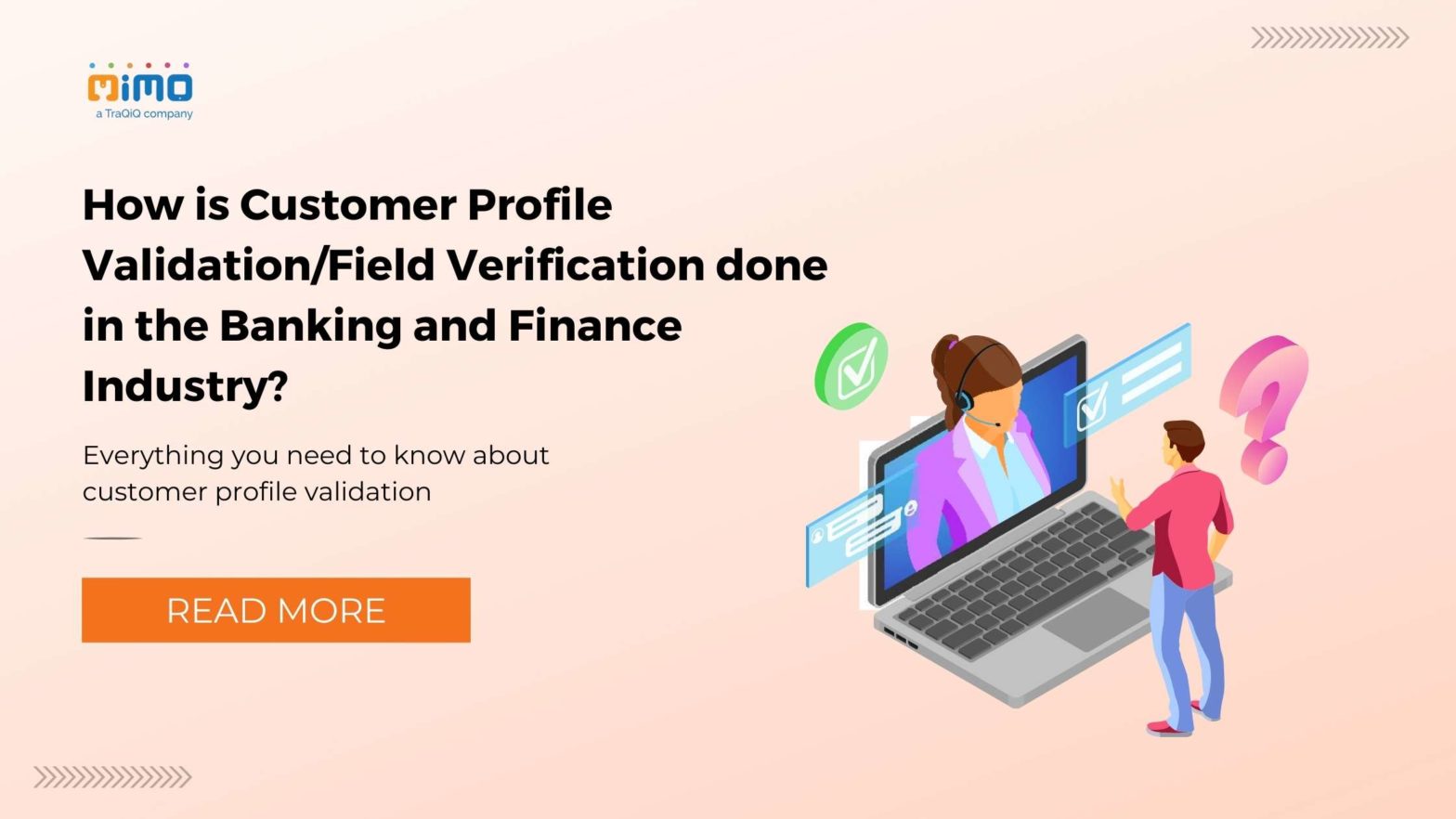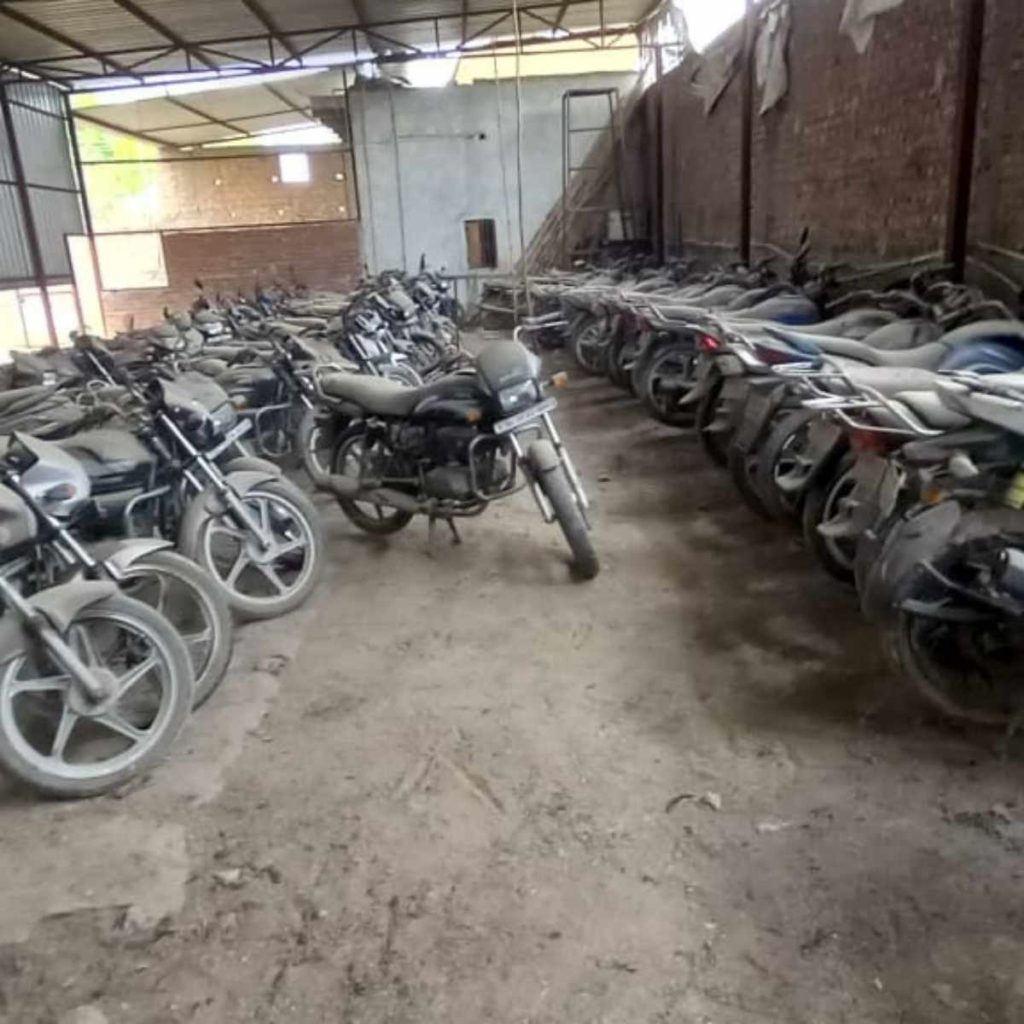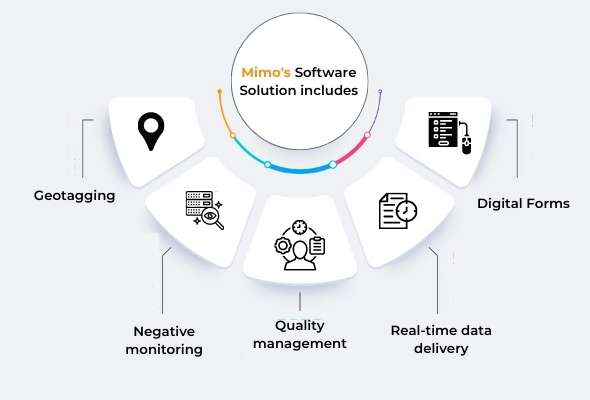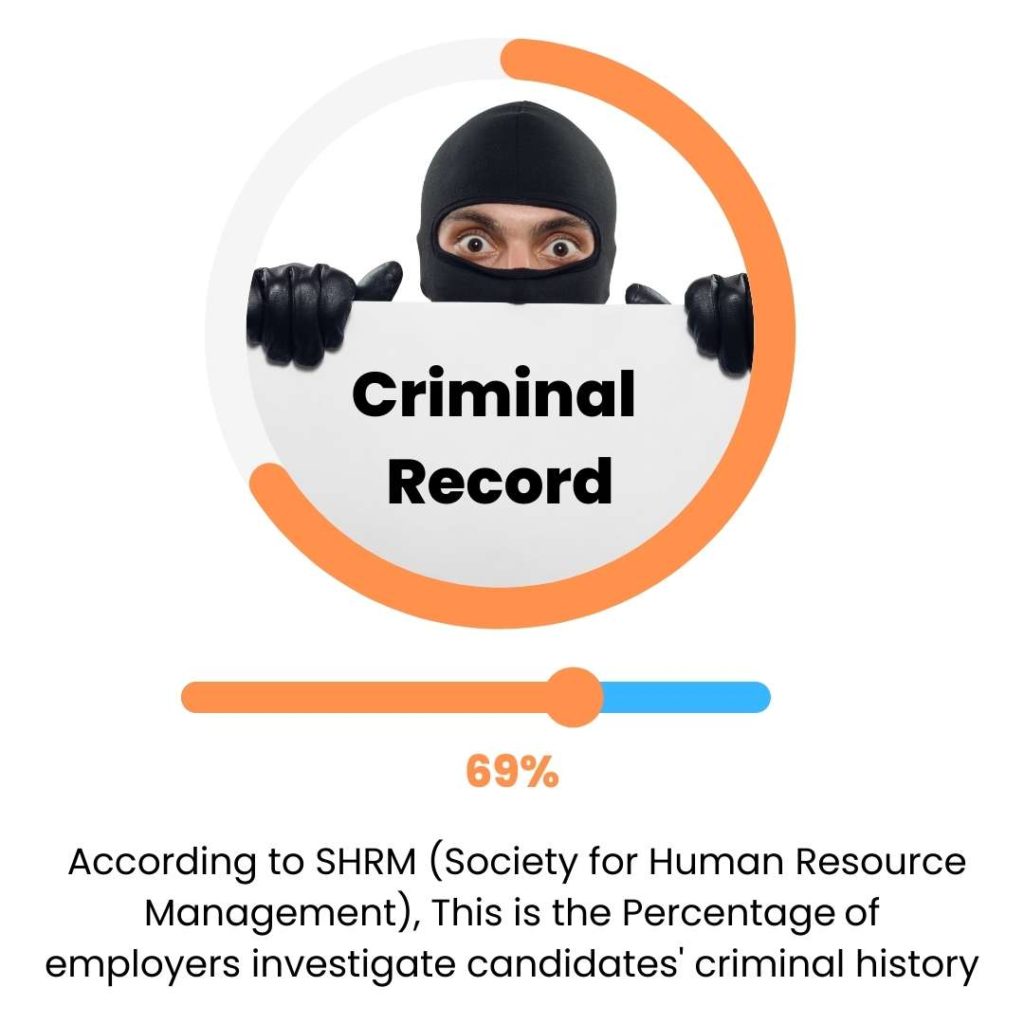
Tenant Verification Law in India
When legally allowing your home for rent, there are specific procedures to follow. This is because you are handing over your home for rent to new people whom you may or may not know. When renting your home, following the proper tenant verification laws matters the most. As the property owner, you must learn about the tenant’s personal and professional history. It is because renting your property is a hassle-free way to make money. You must assess the tenant’s ability to pay while ensuring that he won’t be a public or legal nuisance. The background check is a step in the rental procedure you take for security.
There are specific laws for the verification law, which you need to be aware of. However, the primary question is how to apply for tenant verification. To answer this and inform you about other aspects of tenant verification, you can read below.
Table of Contents
What is Tenant Verification?
Tenant verification is a preventive step. The primary goal of this verification is to avoid renting out criminals and antisocial individuals. The district police are authorized to keep a complete record of individuals who move from their hometowns to other cities, irrespective of the reasons.
The property owner who legally allows the respective property on a rent basis has no right to inquire about a person’s past.

However, they can request all the information necessary from their tenant, including identification documentation, their home address, and whether or not they have ever been charged with a crime or been the subject of a civil lawsuit.
Tenant Background Check
You need to know the tenants. When we talk about the tenant background check, we mean the police verification of the tenant. Therefore, tenant verification differs from a background check in the following ways:
- It's crucial to keep in mind that you must earn income legally to ensure everything runs smoothly without causing undue stress.
- You will undergo a background check as part of the rental process for your protection.
- The tenant's police verification is an additional step in this procedure. It is essentially necessary and integral.
Legal Measures if Verification is not Done
The Indian Penal Code (IPC) contains a clause that, if the tenant violates the law, could result in the landlord being charged. Suppose a public authority issues a disobedience order. In that case, the guilty party will have to face punishment, according to Section 188 of the IPC, for disobedience proclaimed by a public servant. Moreover, if the rented person ends up being a threat to society, the landlord is also liable to get imprisoned for six months or a fine of Rs 1,000 or both.
The tenant’s photo, name, native address, contact number, and passport number fall under the verification process. The verification process also involves gathering family information. Additionally, it is necessary to get the tenant’s thumbprint.
Difference Between Tenant Background Check And Police Verification
There is a difference between a tenant background check and police verification. Mentioned below are the differences:
Tenant Background Check
Under this portion, you must find information about the tenant’s personal and professional history. The main reason behind renting out your property is to earn money. You must assess the tenant’s ability to pay while ensuring he won’t be a public nuisance. The background check is a step in the rental procedure you take for security.
Police Verification
Another step in this process is a tenant police check. In addition to vetting potential tenants, you must include the police in this procedure.
Process Of Tenant Verification
The process of tenant verification in India depends on the city or state. Whether in Mumbai, Bangalore, or Delhi, the tenant verification process differs, especially in the police. However, the steps for tenant verification are:
- A police tenant verification form is available online or at your nearest police station.
- Complete the tenant verification form with all the information requested.
- Make a passport-sized photo.
- Ration card, passport, or driver's license information is vital as identification.
- Sign the document.
Documents Required For Tenant Verification in India

As a part of tenant verification law, it is important to be handy with documents for verification. While rental websites connect homeowners and tenants, creating a legally binding rental agreement involves several steps. Since the contract specifies the terms and conditions approved by both parties, it is crucial to have it in writing and have both parties sign it. It is also important to note that the contract’s terms are difficult to change without both parties’ agreement. A list of documents that will help bind the contract legally must also be gathered in addition to the contract itself.
The list of documents both parties need to carry is:
Homeownership Proof:
Ask the landowner to provide you with confirmation that they are the property’s owner if you are renting a space. They can produce any paperwork proving their property’s ownership and legal right to rent it out.
Electricity Bills:
Before renting a place, ensure there are no outstanding bills so that you don’t end up responsible for any overdue fees or payments. Ensure that the overall load on your electricity meter supports the weighty burden of numerous gadgets.
No-objection Certificate:
If you reside in a colony or society, ascertain whether there are any specific guidelines and restrictions on inviting guests and pets over. It is best to check if there are any do’s and don’ts while living in society. Obtaining a no-objection certificate from society is advisable to prevent any problems.
Address Confirmation:
It’s imperative to have a valid ID while renting. Ensure you have the name, contact information, and address of the minor’s guardian if you rent to a minor. Always obtain a copy of the above information and their workplace address.
Avoid paying extra money to brokers who take a percentage of the rent and charge for paperwork, whether you’re a tenant or a landlord. Moreover, it is essential to understand legal processes, and carefully adhering to rules is crucial for DIY tenants and owners.
Using Tenant Verification App
Landlords can use a tenant verification app that helps to eliminate paperwork and other related pain. In Delhi, there is the Suraksha app. The Nashik police have introduced an online system for tenant verification that allows landlords to get tenant information without visiting the police station. This has made it much simpler for the landlord and the police to complete the police verification form. Users can quickly assemble this rental verification process and locate information about possible tenants using online tenant verification services.
By using this app, the landlord can have a breath of fresh air to cover the information needed for the smooth function of the process. These apps also have a tenant verification FAQ section to answer all your questions.
Online Tenant Verification Service from MIMOIQ
Following the tenant verification law, MIMOIQ helps in bringing crucial details using agile technology and real-time information. From employment verification to address verification, everything is done under one roof. If you are looking for a tenant verification service that can handle all the aspects of the same, MIMOIQ offers a background verification service. Using MIMOIQ’s DIY portal for tenant verification, you can get the comprehensive details required from anywhere in India by just signing up.
Like this article?
More To Explore

What Factors Should Organizations Consider Before Outsourcing Their Internal Audit Functions?
+91 1141182211 Outsourcing has become a strategic choice for many organizations looking to streamline operations, reduce costs, and enhance efficiency.

Outsourcing Internal Audit: Evaluating the Upsides and Downsides for Your Organization
+91 1141182211 In today’s dynamic business environment, companies face increasing pressure to enhance efficiency, manage risks effectively, and ensure compliance

A Background Verification Guide: Frequently Asked Questions and Their Answers
+91 1141182211 Background verification (BGV) is a crucial process used by employers to ensure they are hiring candidates with accurate


